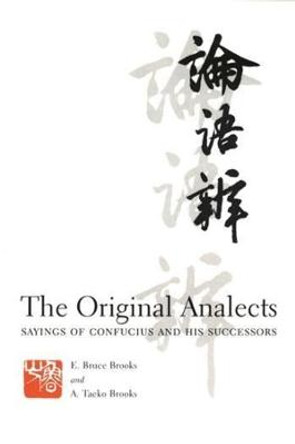Description
There are six topical chapters, each treating a major subject in chronological order, framed by a preliminary background chapter and a concluding survey of the eventual Empire. Each chapter includes several brief Methodological Moments, as samples of the philological method on which the work is based. Occasional footnotes point to historical parallels in Greece, Rome, the Ancient Near East, and the mediaeval-to-modern transition in Europe, which at many points the Chinese classical period resembles. At the back of the book are a guide to alternate Chinese romanizations, a list of passages translated, and a subject index.
A preliminary version of The Emergence of China was classroom-tested, and the suggestions of teachers and students were incorporated into the final version. The results of those classroom trials, in both history and philosophy classes, were favorable.
This is the only account of early Chinese thought which presents it against the background of the momentous changes taking place in the early Chinese state, and the only account of the early Chinese state which follows its development, by correctly dated documents, from its beginnings in the palace states of Spring and Autumn to the economically sophisticated bureaucracies of late Warring States times. In this larger context, the insights of the philosophers remain, but their failure to influence events is also noted. The fun of the Jwangdz is transmitted, but along with its underlying pain. The achievements of the Chinese Imperial formation process are duly registered, but so is their human cost. Special attention is given to the contribution of non-Chinese peoples to the eventual Chinese civilization.
Book Information
ISBN 9781936166756
Author E. Bruce Brooks
Format Paperback
Page Count 256
Imprint Warring States Project
Publisher Warring States Project
Weight(grams) 445g









